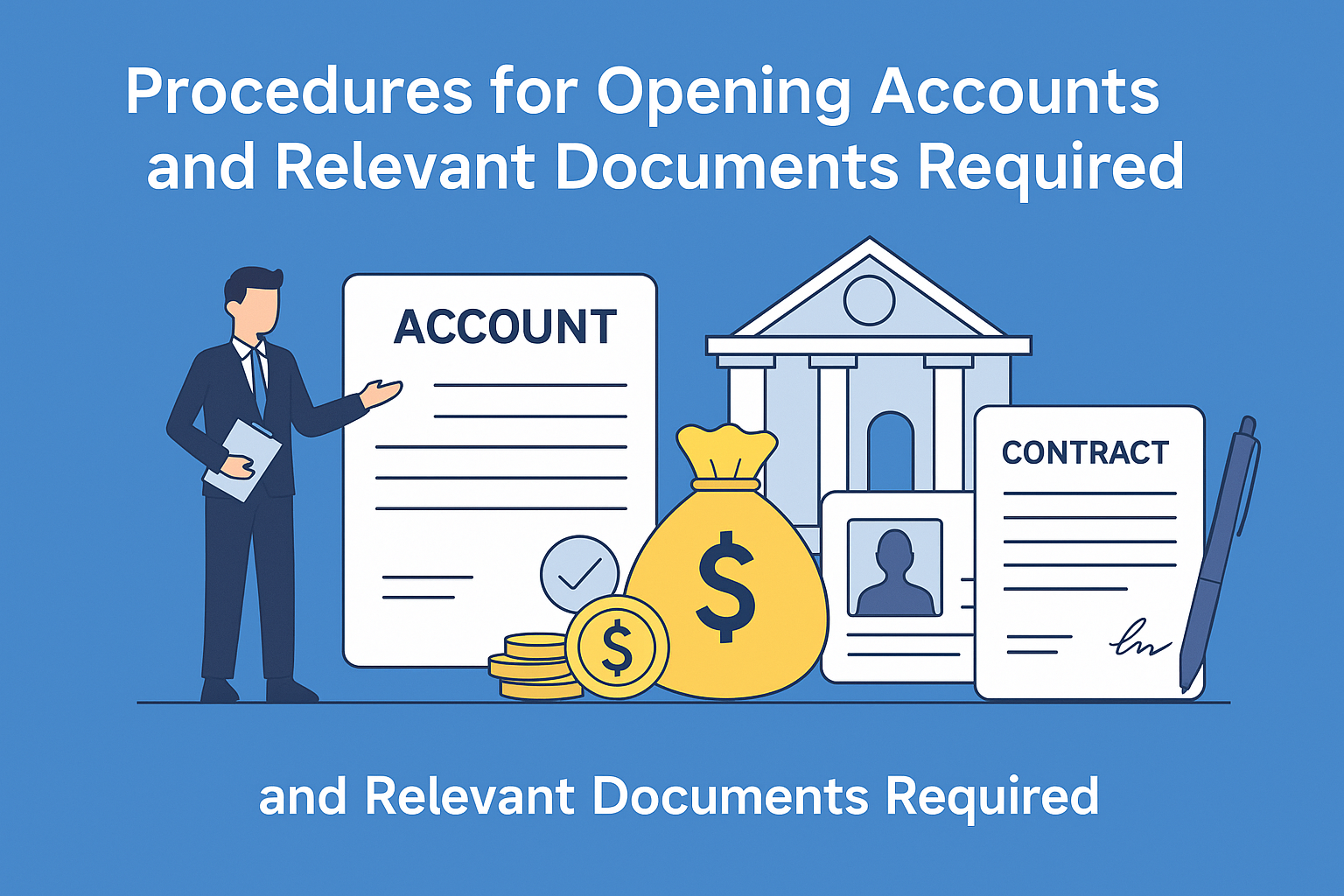Concept and Functions of Money
Money plays a crucial role in the economy by facilitating transactions, measuring value, storing wealth, and enabling future payments. In Bangladesh, the Bangladeshi Taka (BDT) serves as the legal currency, regulated and controlled by the Bangladesh Bank. Understanding the concept and functions of money is essential for comprehending economic activities and financial systems.
📌 What is Money? (Concept of Money)
Money is any asset that is widely accepted as a medium of exchange for goods and services. It also serves as a unit of account, store of value, and standard of deferred payment. In Bangladesh, the BDT is the official currency issued and managed by the Bangladesh Bank.
💡 Characteristics of Money:
- Medium of Exchange: Facilitates transactions by eliminating the inefficiencies of the barter system.
- Measure of Value: Provides a standard for measuring and comparing the value of goods and services.
- Store of Value: Allows individuals and businesses to preserve wealth for future use.
- Standard of Deferred Payment: Enables future payments in credit transactions.
For a deeper understanding of these characteristics, you might find our article on Kinds of Money insightful.
📌 Functions of Money
1️⃣ Medium of Exchange
Money eliminates the inefficiencies of the barter system by providing a standard means for buying and selling goods and services. This function is fundamental to facilitating trade and economic activity.
Example in Bangladesh: Payments for groceries, utility bills, and wages using cash or digital money platforms like bKash and Nagad.
2️⃣ Measure of Value
Money provides a common standard to determine and compare the value of goods and services. It simplifies the process of pricing and valuation in the economy.
Example: If 1 kg of rice costs 60 BDT, it sets a standard price reference for buyers and sellers.
For more details on how money measures value, refer to our post on Understanding Narrow Money and Broad Money.
3️⃣ Store of Value
Money allows individuals and businesses to store wealth for future use without significant loss in value, assuming stable economic conditions.
Example in Bangladesh: Fixed deposits in banks, gold reserves, and digital wallets like bKash and Nagad.
4️⃣ Standard of Deferred Payment
Money enables transactions where payments are made in the future, such as loans and installment purchases. This function is essential for credit systems and financial planning.
Example: Home loans, personal loans, and credit purchases in Bangladesh.
To explore more about the demand for money in the financial system, check out our article on Demand for Money in the Monetary and Financial System.
📌 Role of Bangladesh Bank in Money Management
The Bangladesh Bank is responsible for:
- Issuing and controlling the money supply: Ensuring adequate liquidity in the economy.
- Implementing monetary policies: Aiming to control inflation and stabilize the currency.
- Regulating banking transactions and digital payments: Overseeing financial institutions to maintain a stable financial system.
For insights into the measures of money supply, you may find our article on Measure of Money Supply useful.
🔹 Digital Money in Bangladesh
With the rise of mobile banking, platforms like bKash, Nagad, and Rocket have transformed financial transactions. The Bangladesh Bank is also researching Central Bank Digital Currency (CBDC) for the future, indicating a shift towards digitalization in the financial sector.
📌 Conclusion
Money is the backbone of any economy, and the Bangladesh Bank plays a vital role in ensuring its stability and proper circulation. Understanding its concept and functions helps us appreciate its significance in daily transactions, savings, and long-term financial planning.
For more insights into the monetary system, consider reading our article on Constituents of the Monetary System..




